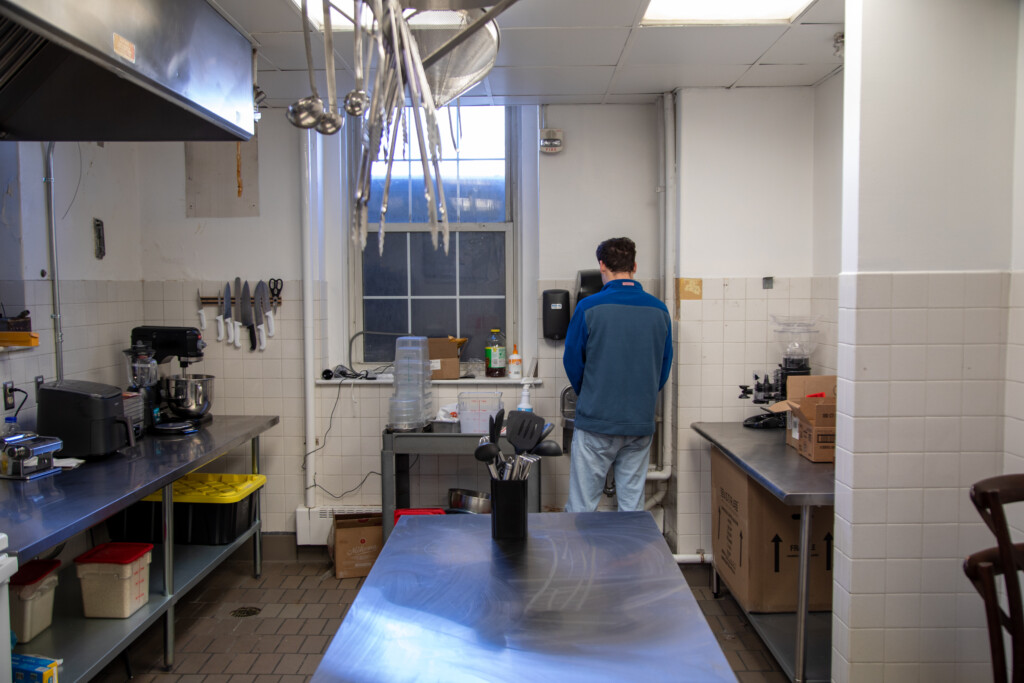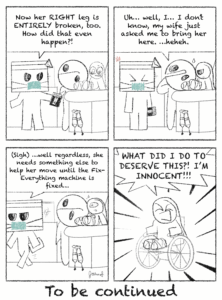Many poets are concerned with their personal experiences and illuminate important, life-changing or even nonsensical moments through their work. Renowned poet Linda Bierds, recipient of many prestigious awards, strays from the norm by evoking the lives of others in her poetry. She gains inspiration from historic figures, such as Marie Curie, Franz Kafka, Zelda Fitzgerald and Gregor Mendel, the last of whom greatly influenced her latest collection, “First Hand.”
Bierds shared her older work in addition to many new poems published in “First Hand,” in the Welles-Brown Room on April 18 as part of the Plutzik Reading Series.
Professor Sally Keith introduced Bierds, detailing the originality of her poetry.
“The world that Bierds makes is exquisite, unusual and new,” Keith said.
Bierds’ reading soon captivated the audience and transcended them into her unusual world. Before each poem, Bierds gave the audience some background information concerning her inspiration for it, so that they would be able to follow her verse and better appreciate her talent.
“She gave us so much information before each poem,” freshman Ashley Espinosa said, “so we understood what she was talking about during its reading.”
This preparation proved important for the audience, as her allusions were often so obscure that it would be impossible to fully grasp the importance of the poem without some outside aid.
Although Bierds’ work is inspiring and different from many contemporary poets, she was not able to effectively convey the importance of her work through her reading. Her slow, uniform voice failed to fully captivate my attention as I listened to the lyric, without actually processing the words being said. Ironically enough, Bierds seemed to be most involved in a poem titled “Desire,” which is an autobiographical poem. “I’m not much for autobiographical poetry,” Bierds said. “This is a diversion from that.”
Bierds spent most of her time in the voices of other people, reading poems such as “The Skater,” “The Wedding” and “The Morning Prayer,” in which she used her knowledge of the lives of historic figures to describe their positions on varying issues.
“One of the things that is memorable about her poetry is that it is always in the voice of others, but it doesn’t feel driven by voice,” Professor James Longenbach said. “It is driven by the lyric intensity of language.”
Bierds, however, best expresses her effective use of language through the written word rather than the verbal.
Through the readings of poems from “First Hand,” Bierds demonstrated her obsession with the way in which the scientific world affects humanity.
In her poem “DNA,” Bierds discussed the failure and success of science. Written in the pantoum format, Bierds conveyed the interconnectedness of the double helix and the potential for genetic cloning. Bierds questioned man’s role in genetics, while keeping her personal thoughts at a distance through the use of the third person. Bierds stressed the importance of science to our lives, stating that it is part of humanity.
“Science that affects lives is humanity,” she said. “We are able to do so much to maintain and create life that it is humanity.”
Although Bierds’ reading often lost my attention, the complexity of her work and the delicate manner in which it was written brought me back into her “exquisite world,” as described by Keith. Whether or not hearing poetry read is the most captivating experience, it is instrumental in connecting the reader with the poet.
“It’s always nice to put a voice to the verse, so when you do future readings, it reverberates in your head,” sophomore Trish Cerone-Howe said.
After the reading, Bierds offered me, in addition to all writers of both prose and poetry, advice in pursuing my own writing. “Read everything that you can,” she said. “If I were you, whenever I found a poem that moved me deeply, I would look at it and find how the poet managed to do so as a writer. You will learn techniques even when you are not in class.”
Katz can be reached at jkatz@campustimes.org.


